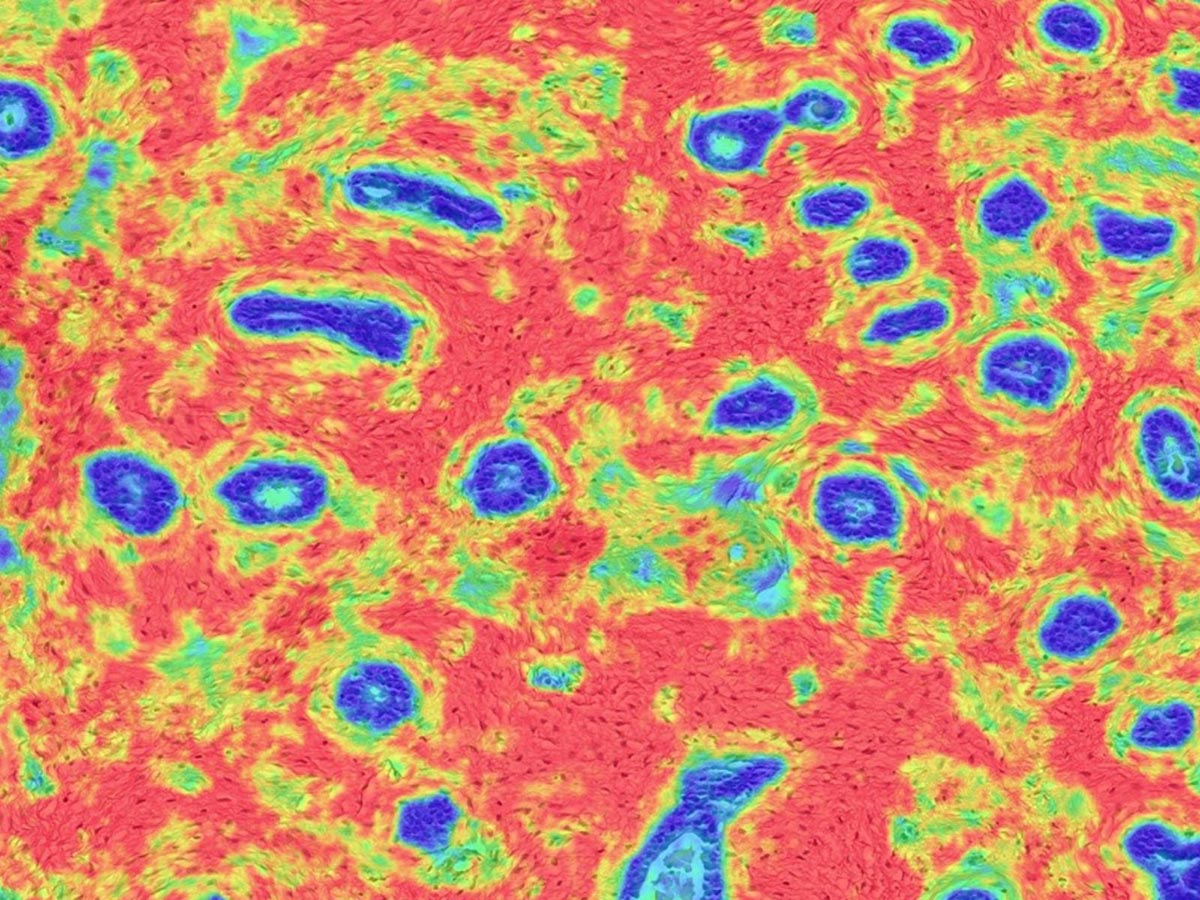Distinguishing the features of offenders who do and do not complete substance use treatment in corrections: Extending the reach of psychological services.
Autor: Ternes, Marguerite; Richer, Isabelle; Farrell MacDonald, Shanna
Publication year: 2020
Psychological services
issn:1939-148X 1541-1559
doi: 10.1037/ser0000326
Abstract:
Approximately 80% of offenders serving sentences in Canadian federal institutions present a history of substance use that requires psychological services. Correctional substance use programs (SUPs) have been shown to be effective in reducing reconviction for offenders who complete all sessions. However, a significant proportion of offenders entering an SUP do not complete the program for offender-related reasons such as dropping out or suspension. The purpose of the present study was to examine the prevalence of SUP noncompletion and the extent to which offenders who do not complete because of offender-related reasons differ from completers and those who do not complete for administrative reasons (e.g., transferred, released, program cancelled) on demographics, offense characteristics, substance use severity, SUP exposure, criminogenic needs, risk of recidivism, reintegration potential, and institutional charges. The study considered 4,592 federally sentenced men offenders who were enrolled in an SUP. Results showed that noncompleters for offender reasons were younger, less educated, less motivated for intervention, more likely to have committed a violent crime, more likely to have incurred a serious charge while incarcerated, more likely to have presented severe substance use, and more likely to report an unstable employment history. There were relatively few differences between SUP completers and SUP noncompleters for administrative reasons. The results highlight that noncompleters for offender reasons present individual characteristics that might affect their responsivity to treatment. Identifying offenders presenting this specific profile and tailoring psychological services to facilitate their learning could help reduce program noncompletion and improve rehabilitation. (PsycInfo Database Record (c) 2020 APA, all rights reserved).
Language: eng
Rights:
Pmid: 30730154
Tags: Humans; Male; Adult; Middle Aged; Adolescent; Young Adult; Canada; Criminals/*statistics & numerical data; Patient Compliance/*statistics & numerical data; Program Development; Prisoners/*statistics & numerical data; Patient Dropouts/*statistics & numerical data; Psychotherapy/*statistics & numerical data; Substance-Related Disorders/*therapy
Link: https://pubmed.ncbi.nlm.nih.gov/30730154/








